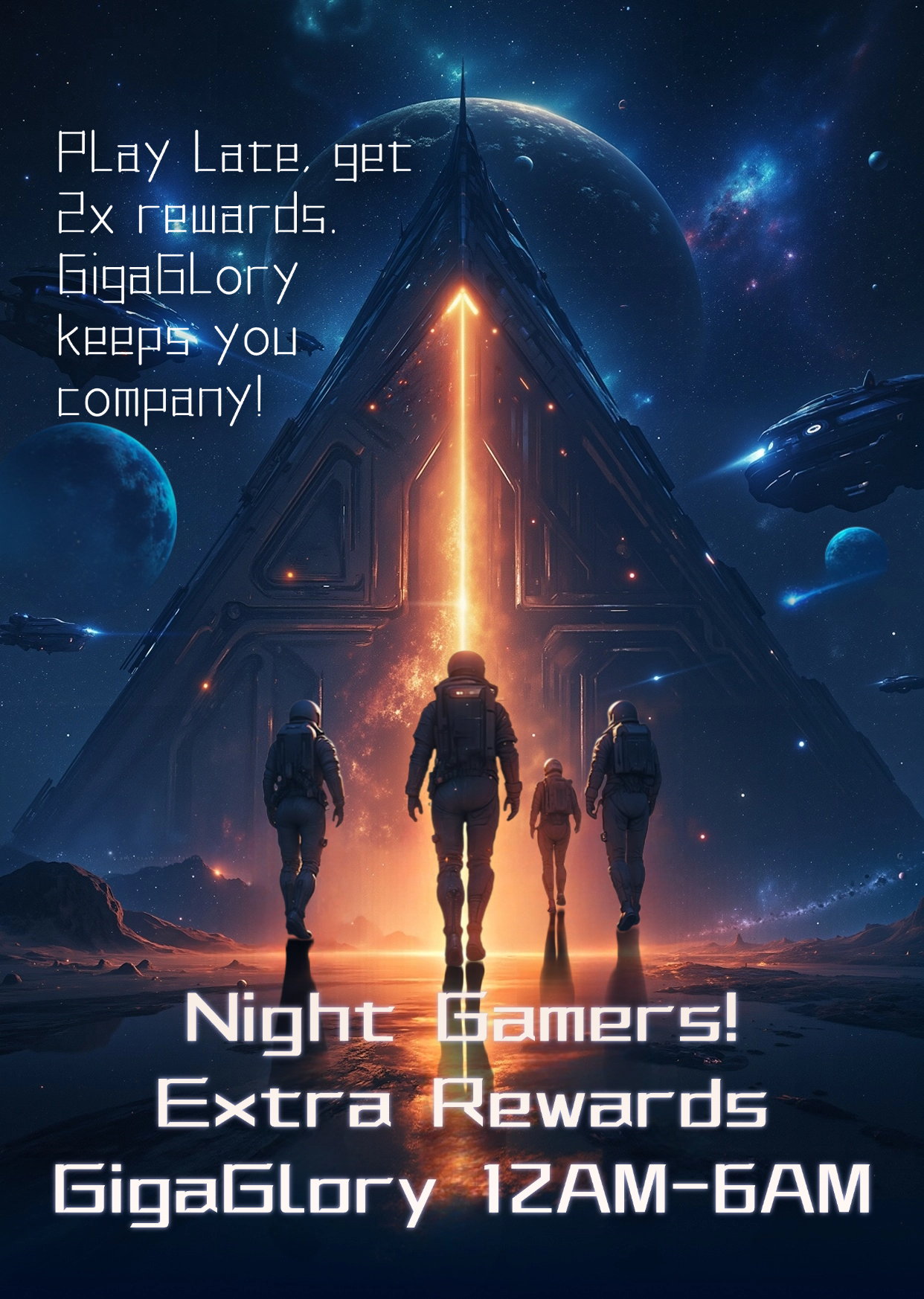Exploring the Evolution of RPG Games: The Rise of MMORPGs in Online Gaming
The evolution of RPG games has been fascinating, especially with the ascent of Massively Multiplayer Online Role-Playing Games (MMORPGs). These games have transformed the way players interact with both the game world and each other. One major aspect we’ll explore is how franchises, like the 7 Kingdoms of the Game of Thrones, have inspired countless MMORPGs, enhancing the gaming experience.
The Evolution from Traditional RPGs to MMORPGs
Initially, RPGs were primarily single-player experiences focusing on storytelling, character development, and adventure. As technology advanced, the introduction of online gaming opened up new possibilities. Here’s a brief timeline to illustrate this evolution:
| Year | RPG Development Milestone |
|---|---|
| 1974 | The release of Dungeons & Dragons laid the foundation for RPG conventions. |
| 1987 | Final Fantasy popularized RPGs on consoles. |
| 1997 | Final Fantasy VII introduced 3D environments and cinematic storytelling. |
| 2004 | World of Warcraft launched, marking the rise of MMORPGs. |
What Makes MMORPGs Unique?
MMORPGs like World of Warcraft offer a unique blend of features that keep players hooked:
- Large Player Communities: Interacting with thousands of players from around the world.
- Open Worlds: Exploring expansive worlds rich with quests and lore.
- Character Customization: Creating personalized avatars with unique skills and appearances.
- Progression Systems: Earning experience and leveling up provides a sense of achievement.
- In-Game Economy: Players can trade items and participate in a player-driven market.
The Influence of Franchises Like Game of Thrones
Franchises such as the 7 Kingdoms of the Game of Thrones bring rich narratives and deep lore. This integration into MMORPGs creates immersive experiences. Players engage in epic battles, forge alliances, and even betray each other, all while diving into a world that feels familiar yet thrilling. Developers often use these narratives to build compelling quests and events, making the environment alive.
Incorporating popular themes and character-driven stories has proven to be a successful strategy in attracting players. The crossover between traditional RPG storytelling and MMORPG gameplay enhances the engagement factor, leading to greater retention rates.
Looking Ahead: The Future of RPG Games
As we gaze into the future of RPGs and MMORPGs, several trends are emerging:
- Virtual Reality Integration: Enhanced immersion with VR technologies.
- AI-Driven Content: Procedurally generated quests and dynamic worlds.
- Cross-Platform Play: Enabling players from different systems to interact.
- Blockchain Features: Unique ownership through NFTs could change in-game economies permanently.
In addition, players look for deeper connections and interactions. The implementation of advanced social systems and events can add layers of excitement and engagement.
Conclusion
The journey from traditional RPG games to the rise of MMORPGs presents a captivating narrative filled with innovation and community. With franchises like the 7 Kingdoms of the Game of Thrones playing pivotal roles, the future seems bright for RPG enthusiasts. As technology evolves, so will the gaming experiences, creating deeper connections among players and fusing storytelling with exploration. The gaming landscape continues to expand, ultimately benefiting the community and the creators alike.



